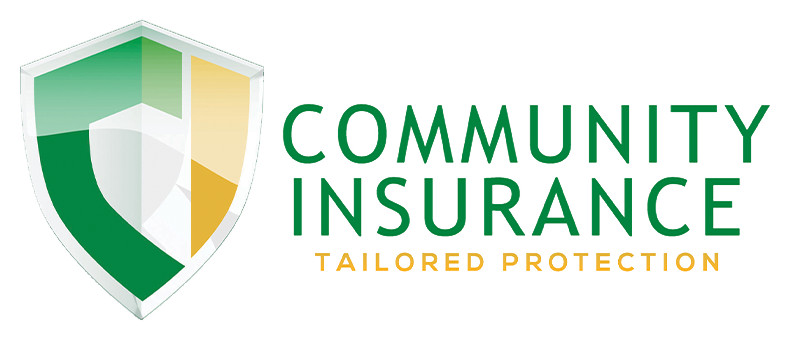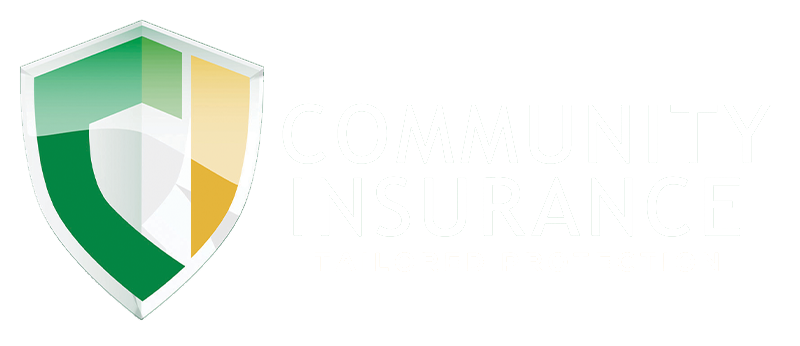Why Flood Insurance is a Must-Have
Flooding isn't just something that happens far away. It can strike anywhere, whether from heavy rains, hurricanes, or even melting snow. For homeowners and businesses, being unprepared for flood damage can mean thousands of dollars—or more—out of pocket. Let's dive into why flood insurance is essential for both homes and businesses.
Understanding the Risks
Many people assume that if they don’t live near water, they’re safe from floods. Unfortunately, this is a common misconception. Flood maps can be deceiving, as climate patterns are constantly changing. Even low-risk areas can experience flooding under the right conditions. It's crucial to know that typical homeowners or renters insurance doesn’t cover flood damage. This is where specialized flood insurance makes all the difference.
Protecting Your Home
Your home is more than just a building; it’s your sanctuary. Flooding can damage everything from the foundation to personal belongings. Flood insurance helps cover the costs of repair and restoration, saving you from devastating financial loss. Moreover, having a flood policy can provide peace of mind, knowing that your refuge is protected from the whims of nature.
Safeguarding Your Business
For business owners, a flood can halt operations and lead to significant revenue loss. Flood insurance not only covers the physical repairs but can also include business interruption coverage, helping you keep afloat while you get back on track. It's an investment in your business's resilience, ensuring that you're prepared for the unexpected.
Taking Action
So, what should you do? Check if you're in a flood zone and understand the specific risks in your area. Reach out to an insurance provider to discuss flood insurance options that fit your needs. Remember, flood insurance policies usually have a 30-day waiting period, so acting promptly is wise.
Without flood insurance, one can be left in a financial quagmire trying to pick up the pieces after a disaster. By being proactive and getting covered, you're protecting what matters most to you, whether it’s your family's cherished home or your bustling business.

